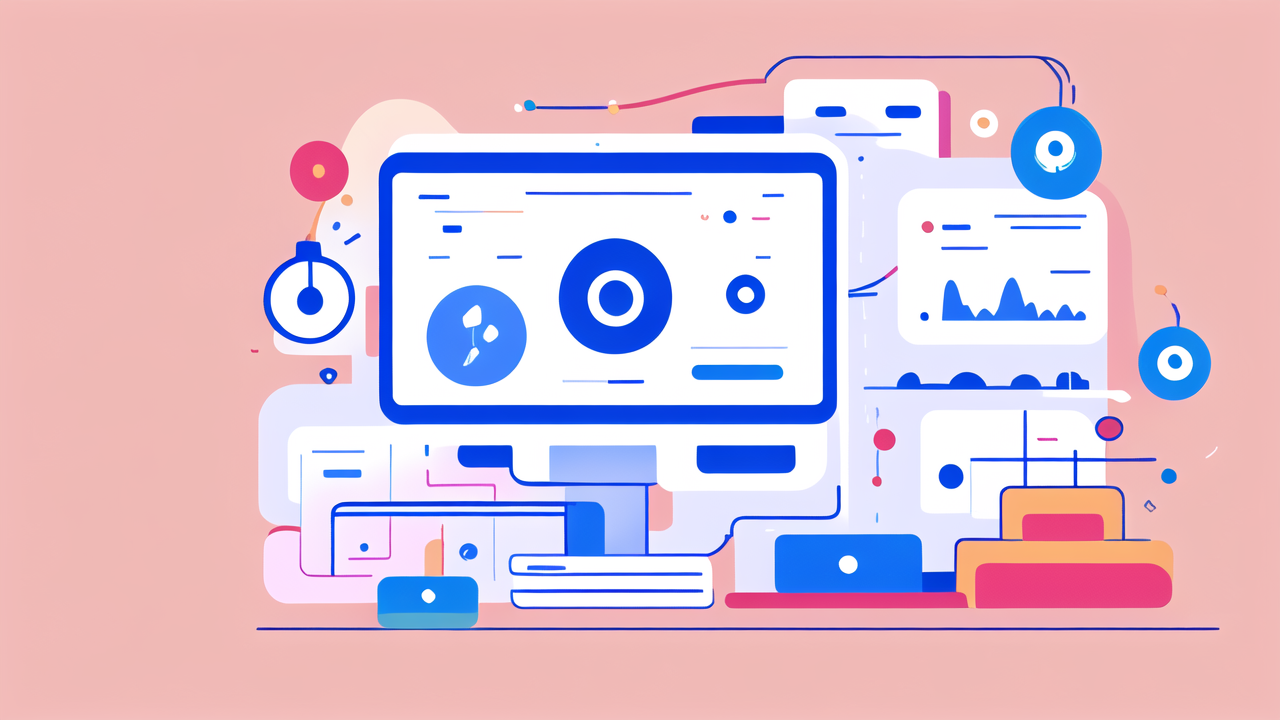The Importance of Health Monitoring in Today's Society
Understanding the Need for Personalized Health Data
Health monitoring has become crucial in our fast-paced world. People want to take control of their well-being. Personalized health data helps them do just that. It gives insights into one's fitness, sleep patterns, and overall health.

With this info, people can make better choices about their lifestyle. They can see how diet and exercise affect their body. This knowledge is power. It allows for early detection of health issues. It also helps in creating tailored health plans.
Doctors benefit from this data too. They can provide more accurate diagnoses and treatments. This leads to better health outcomes for patients. In short, personalized health data is changing how we approach wellness.
The Rise of Health-Conscious Consumerism in the United States
Americans are more health-aware than ever before. They're taking charge of their well-being. This shift has led to a boom in health-related products and services. People are investing in gym memberships, organic foods, and wellness apps.
Health trackers are a big part of this trend. They've become must-have gadgets for many. These devices offer real-time data on various health metrics. Users can track their steps, heart rate, and sleep quality.
This trend goes beyond just physical health. Mental wellness is also a growing concern. Apps for meditation and stress management are on the rise. People are seeking a holistic approach to health. They want to balance their physical and mental well-being.
Technological Advancements in Health Monitoring Devices
Wearable Fitness Trackers: Evolving Beyond the Step Count
Wearable fitness trackers have come a long way. They started as simple step counters. Now, they're sophisticated health monitors. These devices can track heart rate, sleep cycles, and even stress levels.

Modern trackers use advanced sensors. They can detect changes in skin temperature and sweat levels. Some can even measure blood oxygen levels. This gives users a more complete picture of their health.
Many trackers now offer GPS tracking. This is great for runners and cyclists. It allows them to map their routes and track their speed. Some devices can even detect falls. This feature is especially useful for older adults.
As technology advances, these trackers will only get smarter. They'll be able to track more health metrics. This will give users even more insights into their overall health and fitness.
Integration of AI and Machine Learning in Health Monitoring
AI and machine learning are changing the game in health monitoring. These technologies can analyze vast amounts of health data. They can spot patterns that humans might miss. This leads to more accurate health predictions.
AI-powered health devices can learn from user data. They can provide personalized health advice. For example, they might suggest when to exercise or how to improve sleep. Some can even predict potential health issues before they become serious.
Machine learning algorithms can process data from multiple sources. They can combine info from wearables, medical records, and lifestyle habits. This gives a more complete view of a person's health. It can lead to better prevention and treatment strategies.
As these technologies improve, they'll become even more integrated into our daily lives. They'll help us make smarter decisions about our health and wellness.
Future Directions for Health Monitoring Technology
Predictive Healthcare: The Next Frontier?
Predictive healthcare is an exciting new field. It uses data to forecast potential health issues. This could revolutionize how we approach wellness. Instead of reacting to problems, we could prevent them before they start.

Health monitoring devices will play a big role in this. They'll collect data on our daily habits and vital signs. AI will then analyze this data to spot early warning signs. This could help catch diseases in their earliest stages.
Imagine a world where your smartwatch could predict a heart attack. Or where an app could warn you of an impending migraine. This is the promise of predictive healthcare. It could save lives and improve quality of life for many.
However, there are challenges to overcome. Privacy concerns need to be addressed. We also need to ensure that these predictions are accurate and reliable.
The Role of Health Data in Empowering Patients
Health data is putting power back in the hands of patients. With access to their own health info, people can make informed decisions. They can take an active role in managing their health.
Health trackers and apps make it easy to monitor vital signs. Users can track their progress towards health goals. They can see how lifestyle changes affect their well-being. This knowledge can be motivating and empowering.
Many doctors now encourage patients to share their health data. This can lead to more productive appointments. Patients can show their health trends over time. This helps doctors make better diagnoses and treatment plans.
However, it's important to use this data wisely. Not all health info is equally valuable. Patients should work with healthcare providers to interpret their data correctly. This ensures they're making the best decisions for their health.
In conclusion, health monitoring technology is evolving rapidly. It's moving beyond simple fitness tracking. Now, it's becoming a tool for holistic health management. As these technologies advance, they'll play an even bigger role in our daily lives. They'll help us live healthier, more informed lives.




Leave a comment
This site is protected by hCaptcha and the hCaptcha Privacy Policy and Terms of Service apply.